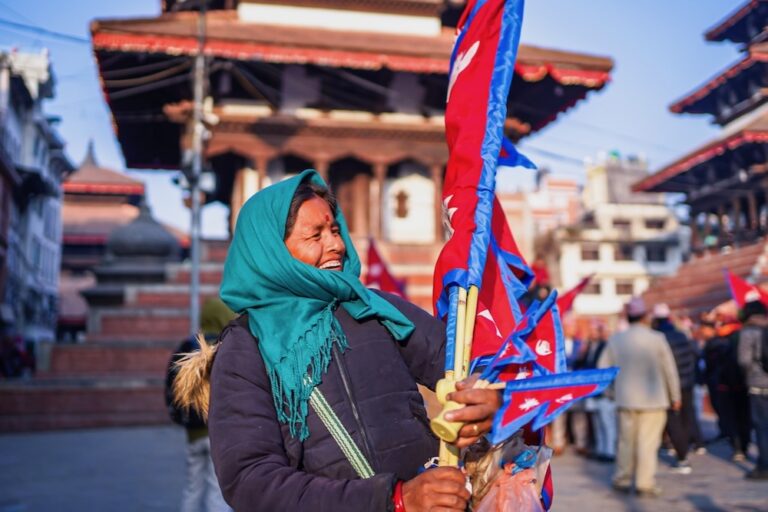Six years after Nepalese journalist Uma Singh was killed by an armed gang, a district court has sentenced the mastermind in the case to life in prison.
This statement was originally published on fnjnepal.org on 23 April 2015.
The Federation of Nepali Journalists (FNJ) welcomes the Dhanusha District Court’s verdict in the murder case of journalist Uma Singh. On 22 April 2015, a court presided by Judge Krishna Bahadur Thapa sentenced Umesh Yadav (alias Swamiji), the mastermind behind the murder, to life imprisonment.
Journalist Uma Singh was hacked to death on 11 January 2009, by an armed gang while she was preparing a meal at her rented room in Rajaul, Janakpur Sub Metropolis. She succumbed to her injuries while being taken to the Capital for treatment. In 2013, police apprehended Umesh Yadav from Gaurifanta of west Dhangadhi.
The victim’s sister-in-law, Lalita Devi Singh and Nemwal Paswan, who were also convicted in the crime, are serving life imprisonment sentences at the Mahottari jail.
Reporter threatened
In a separate development, FNJ expressed serious concern over a death threat issued by Shanker Mishra (alias Shahiji), leader of the Terai Madhesh Loktantrik Party, to Mahesh Kumar Das, a reporter for Nagarik Dainik and news coordinator for Radio Mirchi FM 89.6.
It is a condemnable act that a journalist is threatened by an individual in such a responsible position. FNJ condemns the incident, which can have a demoralising effect on journalists who are trying to perform their duty and inform the public.
“The conviction of the mastermind in Uma Singh’s murder is a step toward addressing the climate of impunity in Nepal,” said CPJ Asia Program Coordinator Bob Dietz from New York. “We hope that six years on, Singh’s family and colleagues can find solace in the scales of justice that tipped in favor of accountability and rule of law.”
Singh, a reporter for Janakpur Today and Radio Today, was stabbed to death in her home in Janakpur on January 11, 2009, according to news reports. Police arrested Yadav, a former Maoist, in September 2013 for ordering Singh’s murder. Two others were sentenced to life terms in 2011 in connection with her killing. The Federation of Nepali Journalists found that Singh’s murder was related to her work. The journalist had been very critical of Maoists in her region and had reported on alleged land expropriation by Maoists, according to reports.
In 90 percent of all murder cases, there has been total impunity–no arrests, no prosecutions, no convictions, CPJ research shows. In dozens of cases around the world, masterminds have eluded arrest and investigations have failed to go beyond lower-level suspects, according to CPJ research. While Nepal in 2013 dropped off CPJ’s Impunity Index–which spotlights countries where journalists are slain and the killers go free–threats and violence against journalists continue, CPJ research shows.


